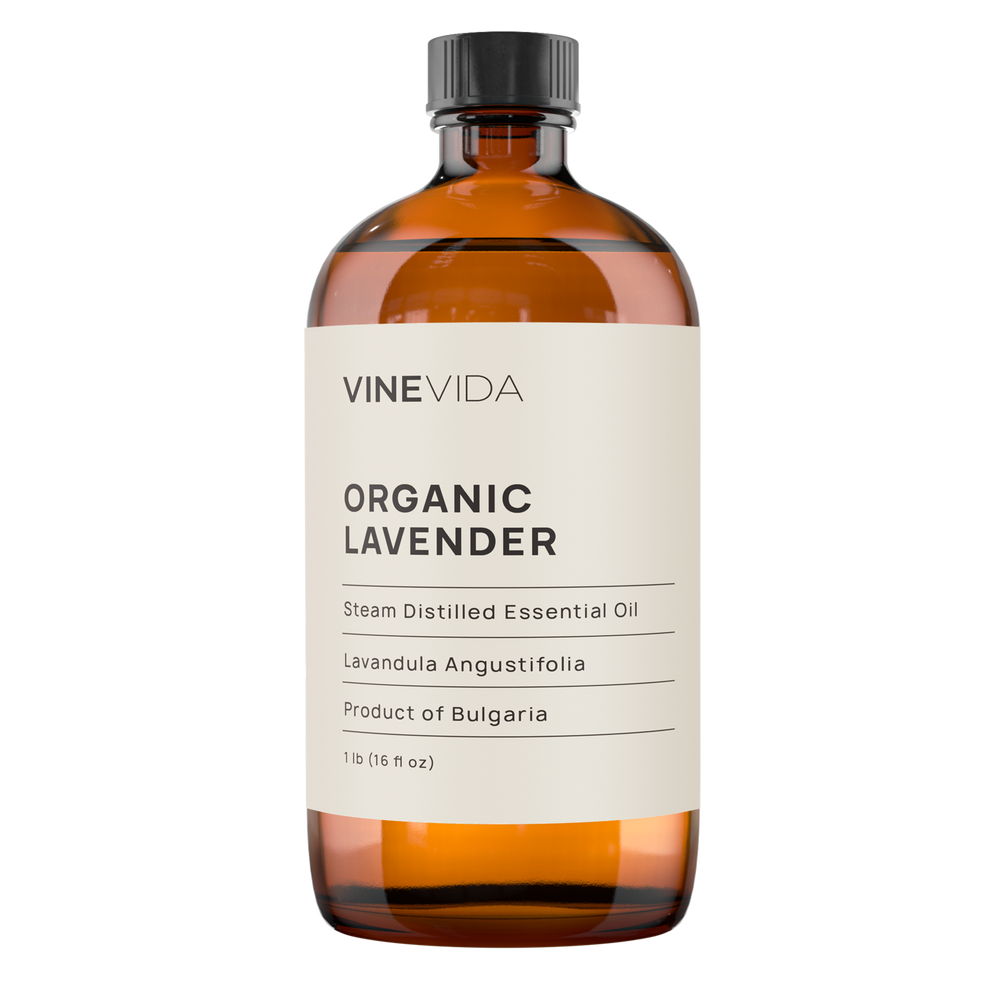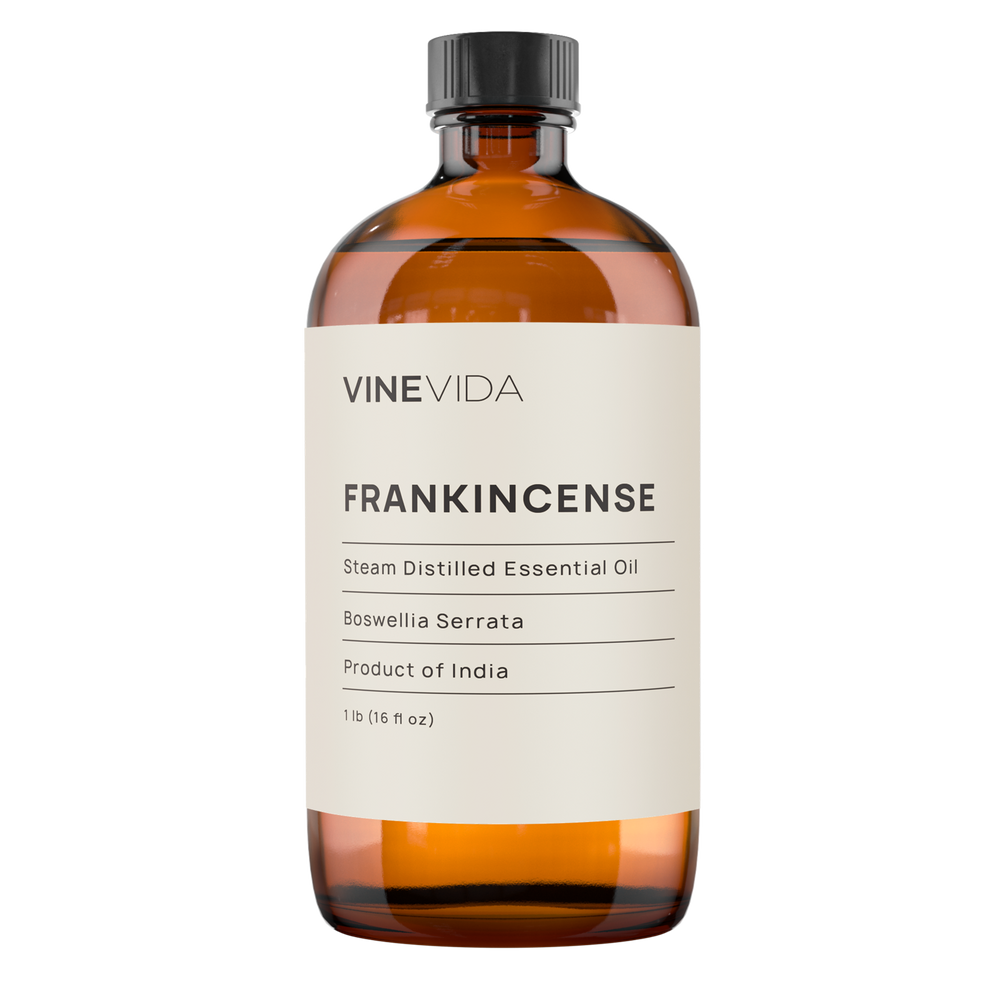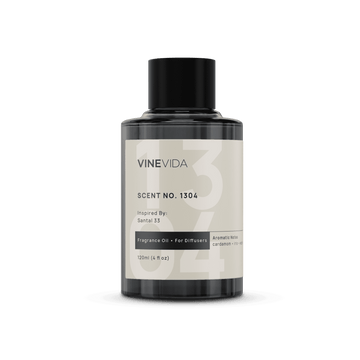We all have times when life makes more significant demands on us, and most of the time, our bodies should be well equipped for this. However, long-term stress can harm our bodies, affecting our mood and mental wellbeing. So today, we’re asking how does stress affect the body?
The main branch of the nervous system is split into two. The Sympathetic and the Parasympathetic Nervous Systems.
The Sympathetic System is what runs our Fight and Flight responses. It engages when we are afraid or stressed, but it’s also responsible for getting us out of bed. We’d have zero motivation if the sympathetic system gave out.
The Parasympathetic System is responsible for rest and restoration. In “the olden days,” when the saber tooth tiger left the bottom of the tree you were hiding in, the parasympathetic system would have kicked in so you could get off your branch, have your dinner and go and rest.
Today though, there are fewer tigers to run from, but a lot more demands on our time and resources. Deadlines, money worries, relationship issues the list continues.
The Sympathetic Nervous System
Let’s go back and imagine that we have just heard the ferocious cats growl but have not climbed that tree to escape it yet.
I’ll write it as a summary of things happening in sequence, but obviously, many of these things will happen simultaneously in the blink of an eye. Our pupils dilate to allow more light in, so we have the best chance of defending ourselves.
Our heart beats faster. We breathe faster, and our breathing becomes shallower. We will have to run fast and jump high to get up there, so our muscles need fuel. To supply that, the body moves any resources it doesn’t need to get you away from being a feline dinner to get you moving faster.
The first to lose support is the skin. All nutrients are used to make glycogen. Glycogen is the body’s primary way of storing glucose, which is gradually released into the bloodstream.
The muscles will need more oxygen; the heart has changed its rhythm to deal with that. The strength of contractions is much more muscular so that they can push oxygen around faster. Lungs, bronchodilation, and decreased pulmonary secretions all work together to allow more airflow through the lungs. We can see how the dryness of asthma becomes a problem for people.
How Does Stress Affect The Body In Terms Of Digestion
Digestion isn't that important to getting us up the tree, so power is stolen from the liver. Peristalsis would generally allow for the smooth transit of waste through the intestines, but that’s no longer so important to get out of the way of the cat, so mobility is compromised as smooth muscles are left in a state of contraction right through the stomach and digestive tract down to the sphincter. You only have to think about how your bum clenches when you have a shock! Now realize that that reverses right back through the system tension, tension, tension.
The pancreas responds by changing how it manages enzymes and insulin. Remember that the body is in a sugar-rich state, so Type 2 diabetes is also starting to make sense. Diet is a demon, but actually, so is stress.
The urinary system alters too. Kidney output is increased, but urine production is reduced. So, it no longer is where the body was previously cleaning itself well.
Recommended Reading: 10 Best Essential Oils for Relaxation
So, How Does Stress Affect The Body?
Long term, this sugar-rich substrate in the body leads to hyperglycemia, which can then, in turn, lead to Type 2 Diabetes.
The constant force of heart contractions leads to hypertension, progressing to high blood pressure and cardiac issues.
Long-term consequences of stress hormones are obesity, coronary heart disease, metabolic syndrome, obesity, anxiety, and depression.
How Does Stress Affect The Body’s HPA Axis?
The HPA axis is what begins the cascade of stress hormones. It consists of the Hypothalamus, Pituitary, and Adrenals.
When we notice something that may be dangerous going on around us, a part of our brain called our amygdala signals that something is off to the rest of the brain. It does that by sending a domino to topple effect to the hypothalamus, telling the pituitary gland that it needs to send some different hormones out to the rest of the body.
The pituitary does its bit (we’ll come back to this in a minute), then instructs the adrenals to do their bit too. This is the bit we are interested in.
The two adrenal glands sit atop the kidneys (so you don’t imagine the whole stress response happens in the brain). The adrenals secrete adrenaline, noradrenaline, and cortisol. Adrenaline and noradrenaline are separate but connected hormones that fire exceptionally quickly. Adrenaline floods the system within about 2-3 minutes of the stressful event, which gives the heart a jolt, for example. Think “Push Epi” in Grey's Anatomy. Epinephrine is another name for adrenaline. Epi is used for many things, including jolting the heart.
Recommended Reading: The Importance of Relaxation
Cortisol
So, I always support the underdog, and I feel that cortisol gets a bad press. Everyone blames cortisol for stress. But actually, cortisol is a good guy, and people overlook that.
In its proper role, cortisol is anti-inflammatory.
Inflammation is a waste of energy when trying to escape tigers. You need to be able to run fast and jump high. Everything else is surplus, so cortisol’s job is to switch inflammation off.
Anything that is anti-inflammatory can only be a good thing, right?
Right!
Cortisol is not the problem.
It’s the fact that the stress did not switch off, that is.
When that happens, cortisol turns on its axis and quits being anti-inflammatory. Instead, it causes inflammation right across the body. Also, cortisol creates a glucose-rich environment and makes the sugars easier for our brains to absorb. Its job is to make substances more readily available for tissue repair, so the more worn down we get by the stress, the harder it has to work to provide these, and we can see how this inflammatory state begins to self-perpetuate.
VMPFC
Ventro- Medial Prefrontal Cortex.
To you and me…it’s the Off Switch.
Working in tandem with the amygdala, the VMPFC acts like the rational mind.
It would be logical for the guy who sat all day up the tree, hiding from the tiger, to worry that the tiger might be back tomorrow, or the next day or to be hiding in wait under the bed.
The job of the VMPFC is to remind him that it’s unlikely the tiger is under the bed because someone clubbed him to death yesterday, and you all ate him, and anyway, how would he get past all those dusty suitcases under there?
At all times, the VMPFC is the calming voice, saying, “shh….stop worrying, everything is fine.”
The problem is that the VMPFC knows when there are battles it can't win, and eventually, if the amygdala is too highly strung, it stops trying and reads the paper.
With no one to calm the amygdala’s frequent panicking, the body becomes flooded with cortisol, and the inflammatory progression continues.
How Does Stress Affect The Body’s Hormonal Balance
Let’s go back to the pituitary. This gland secretes many other hormones as well as ones to trigger the adrenals. In women, the pituitary tells your ovaries to release eggs or helps men get erections, for example. It’s easy to see how these can be compromised when the pituitary gland never switches off.
We spoke earlier about how the digestive system responds. But, perhaps the most critical element is how cortisol generates Natural Killer Cells that chip away at the liver, gradually killing off liver cells.
The liver is the foreman of the body, in charge of all detoxification, all enzyme manufacture, and storage. Therefore, when the liver starts to wane, we can expect difficulties across the body.
In particular, skin conditions include eczema and psoriasis, headaches, migraines, and many other stress-related disorders.
Recommended Reading: Best Essential Oils for Anxiety: De-Stress Yourself
Where is The Door In?
That’s an interesting one, isn’t it? Because for many people, the answer, of course, is to take some time off work. If you can remove deadlines and lots of dealing with the phone pinging notifications every five seconds, that can help. But, in a world of zero hour contracts and inequalities in the workplace, even if you can afford to take sick leave, do you dare?
And, if your answer to that was no, that probably tells you a lot about the very place that might be the problem. All that aside, though, let’s think about how essential oils can intervene in the process.
So we know that the VMPFC has switched off.
So who else can we recruit to try to calm the nervous system down?
GABA - Gamma-Aminobutyric Acid.
GABA is the nervous system calming neurotransmitter. For example, GABAergic neurotransmission calms the amygdala, preventing it from generating inappropriate emotional and behavioral responses (Jie, 2018). Researchers believe that certain neuropsychological diseases may develop because stress has reduced how efficiently the GABAergic network functions ( Jie, 2018).
Problematically then, stress reduces the neurotransmitter we need to reduce stress.
However, olfactory nerve cells express GABA when we breathe in certain smells. Calming smells such as lavender and chamomile are relaxing for many reasons, including how they trigger GABA, which then, in turn, calms the cascade of stress hormones that begins at the amygdala and then goes right through the HPA axis.
We breathe soothing fragrances; we calm down.
When we breathe soothing fragrances regularly, we hopefully begin to change our internal chemistry into that of a calmer person.
Likewise, essential oils like lavender, chamomile, geranium, and vetiver will have the same effects if absorbed into the body. This time, their constituents lock onto receptors in the body to act like keys in the door to switch things on and off. Sometimes it is GABA or maybe the mood modulator serotonin, each time bringing our bodies into balance.
It is a successful plan but it is only a short-term plan. Sooner or later, lifestyle changes will have to happen. We only have one heart, and life is precious.
I love this image of people queuing for pills and the one lonely person willing to try and listen to what their body has to say and then make changes. I promise you that at the end of this, it is that one person who will feel better. But, unfortunately, every other person will be all too conscious of stress still hot on their heels, chasing them into that inevitable breakdown in health.

The Best Essential Oils For Stress
1. Lavender Essential Oil
So relaxing, so soothing, and somehow it seems to distance us from our worries a bit. They’re still there, but you can breathe more easily and slow your thoughts down.
Don’t rely on lavender too heavily, though, if you are bathing in it, etc., because it can begin to dry your skin. Instead, try to rotate it with some of the others.
Recommended Reading: How To Use Lavender Oil For Anxiety?
2. Geranium Essential Oil
For me, there is no better oil for stress. Not only does it calm you, so you feel a bit more rational, but it also helps the body to restore some of the power to the adrenal glands. After months of perpetually secreting cortisol, the adrenals are not only exhausted but also trying to hang on for dear life. To be able to do that, they steal energy from other places. In particular, the pituitary gland suffers, as does the liver. Geranium helps to stop that cascade.
The geranium essential oil in the bath makes stress just lift away. It is always wonderful, especially if you are worried about money.
It’s a tremendous hormonal balancer, of course, as well as being lightning for your mood, and it is gently soothing after lots of relationship battles.
3. Roman Chamomile Essential Oil
I always say that chamomile sings Doris Day songs! She bobs back and from on her thin stalk, singing, “Que sera sera, whatever will be, will be.” Completely unfazed by the sun's heat or battered by storms, chamomile’s strength is her flexibility and ability to submit. She doesn’t just get by; she is strong enough to be considered a physician plant. Place her in a border, and all the other plants thrive from the support she gives them.
Chamomile just submits everything to the universe. And while I don’t subscribe to hiding bills in the drawer or avoiding essential conversations, I’ve never found worrying for worry’s sake a successful way forward.
Put your big girl pants on, and spend some time with Chamomile; you’ll be amazed how quietly courageous you become.
4. Vetiver Essential Oil
One of the reasons I rate vetiver so highly for stress is because it is such a sustainable crop. We’ll talk about frankincense in a moment, and yes, it is one of the best essential oils for stress, but the Earth is in dangerously low supply now. If we continue to harvest frankincense at the rate we are going; none will be left by the year 2050. In every other case, but breathing difficulties, some other oil could take its place.
In the case of slowing the breath, hyperventilation, and panic attacks, vetiver is not only a good substitute, but it is also better.
Vetiver is not only sustainable but a fair trade crop whose trade can better the lives of farmers in some of the poorest communities on this planet.
Its roots dig deep, deep, deep into the ground and can correct some of the most significant environmental challenges we have. It can remove heavy metals and nuclear waste from the soil and prevent soil erosion. It provides water for plants that would otherwise die of thirst if the vetiver did not pull it up from the most profound water tables.
It knows about fixing hopeless situations and will do it silently without your help. It draws busyness out of your brain like an enormous, weighted blanket. Your mind becomes like treacle, and breathing slows.
How does stress affect the body? It speeds everything up. Vetiver slows it all back down.
5. Frankincense Essential Oil
Nothing slows the breath as frankincense does; it opens the airways allowing more air in and restoring elasticity to the tissues. If stress exacerbates your asthma or makes you cough, then frankincense is the way to go.
Likewise, frankincense is a way to hear your deity more clearly if you face a question of faith.
Recommended Reading: Frankincense for Work-related Stress
Conclusion
As a plant shaman, I regard essential oils as gifts from my plant allies. They are my teachers, my helpers, and my friends. I hope that you will come to see them the same way over time. Like any ally, the longer we work with them, the more valuable they become because of the backstory between us. There is other stuff you learn about them that helps you utilize them in different ways, and they become good at seeing traps you fall into before you do. That’s the trait of a good teammate, right?
But remember, they are tools. Nothing more, nothing less. If you feel depressed or anxious, please also speak to a qualified healthcare professional so they can support you in your time of need. You have to be your solution. Commit to putting in the work with the oils, using them regularly and thoughtfully. Their effect is cumulative. It will get stronger over time. Lasting effects will take weeks, not a quick sniff here and there. But, just like any colleague will soon tire of picking up your pieces when you refuse to pull your weight, the same is true of the oils. They will only work for so long.
How does stress affect the body long term? Unfortunately, the answer has to be that it gets worse and worse. Essential oils are great as a temporary self-care measure, but authentic self-care is talking to your creditors, reducing work hours, or having difficult conversations with loved ones. And remember, for every chat you need, a plant ally will be ready to help you; the key to finding them is to learn to listen to what they say.
Recommended Reading: The Best Essential Oils for Depression: Instant Mood Lifters



















